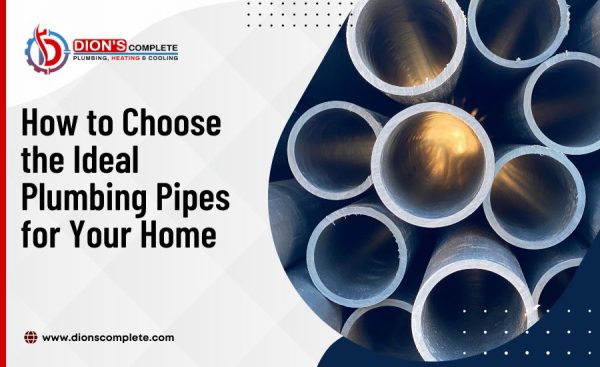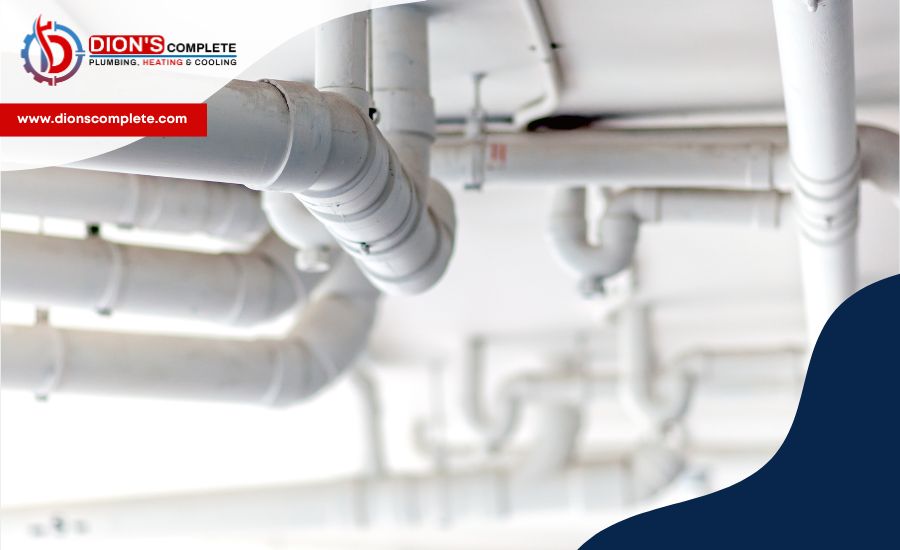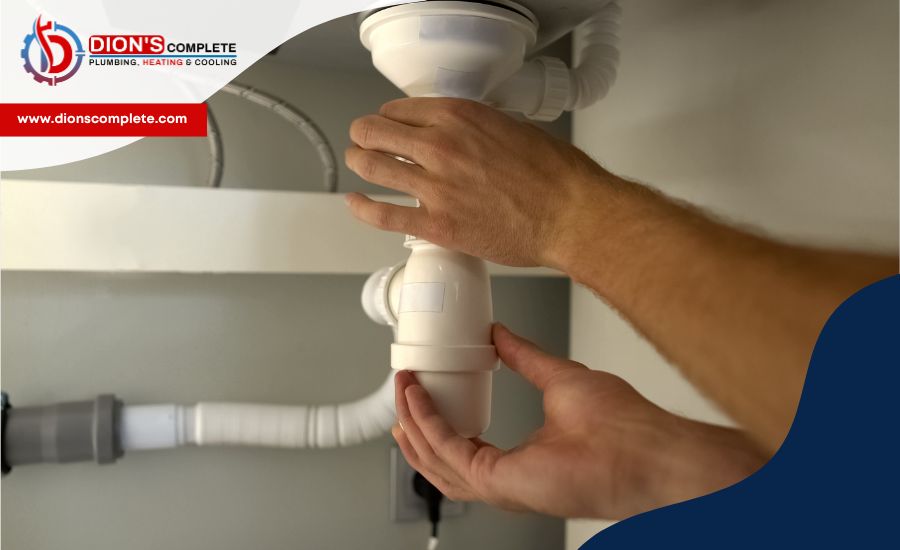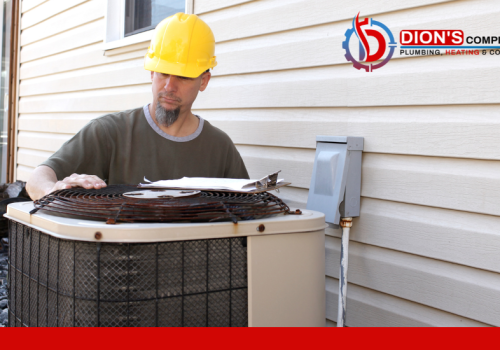When it comes to plumbing systems in our homes, it's essential to choose the right type of pipes. The plumbing pipes play a crucial role in ensuring the proper functioning of our water supply and drainage systems. With various options available in the market, selecting the right plumbing pipes can be overwhelming. In this article, we will explore the different types of home plumbing pipes and provide insights on how to choose the most suitable one for your needs.
Common Plumbing Pipe Materials and Their Pros and Cons
- Copper Pipes: Copper pipes have been widely used in residential plumbing systems for many years. They offer excellent durability and resistance to corrosion, making them a reliable choice. Copper pipes are known for their longevity, and they can withstand high water pressures. Additionally, they are resistant to fire, which adds an extra layer of safety. However, copper pipes can be expensive compared to other options, and they require skilled installation.
- PEX Pipes: PEX (cross-linked polyethylene) pipes have gained popularity in recent years due to their versatility and ease of installation. These pipes are flexible, making them suitable for areas where traditional rigid pipes may be challenging to install. PEX pipes are resistant to freezing, which reduces the risk of burst pipes during cold weather. However, some concerns have been raised about the potential health effects of PEX pipes, as they may leach chemicals into the water supply.
- PVC Pipes: PVC (polyvinyl chloride) pipes are commonly used in drainage systems and are known for their affordability and ease of installation. They are lightweight, durable, and resistant to corrosion. PVC pipes are also non-conductive, which means they don't lose heat as quickly as metal pipes. However, PVC pipes may become brittle over time, especially when exposed to extreme temperatures. They are not suitable for hot water applications and may release toxic fumes if exposed to fire.
- Galvanized Steel Pipes: Galvanized steel pipes were widely used in older homes but have become less popular due to their limitations. These pipes are coated with zinc to protect them from corrosion. While galvanized steel pipes are durable and can withstand high water pressures, they are prone to rust and mineral buildup over time.
How to Choose the Right Plumbing Pipes for Your Home
Choosing the right plumbing pipes for your home requires careful consideration of several factors:
- Budget: Determine your budget for the plumbing project as different types of pipes vary in cost.
- Intended Use: Consider the specific purpose of the pipes. Are they for water supply or drainage?
- Durability: Evaluate the expected lifespan of the pipes and their resistance to corrosion and other forms of damage.
- Water Pressure: Take into account the water pressure in your area and ensure that the selected pipes can handle it.
- Local Building Codes: Familiarize yourself with local building codes and regulations to ensure compliance.
- Maintenance: Consider the maintenance requirements of the pipes and whether they need regular upkeep.
- Health Concerns: Research potential health risks associated with certain pipe materials and make an informed decision.
- Professional Advice: Consult with a professional plumber who can provide expert guidance based on your specific needs.
By considering these factors, you can make an informed decision when choosing the right plumbing pipes for your home.
The Importance of Regular Maintenance for Your Plumbing Pipes
Regular maintenance of your plumbing pipes is essential to ensure their longevity and prevent potential issues. Here are some key maintenance practices:
- Leak Detection: Regularly inspect your pipes for any signs of leaks, such as water stains or dampness.
- Drain Cleaning: Keep your drains clean by using drain cleaners or natural alternatives like vinegar and baking soda.
- Pipe Insulation: Insulate exposed pipes to protect them from extreme temperatures and reduce the risk of freezing.
- Water Pressure Monitoring: Regularly check the water pressure in your plumbing system to identify any abnormal fluctuations.
- Professional Inspections: Schedule periodic inspections by a professional plumber to detect and address any underlying problems.
By incorporating these maintenance practices into your routine, you can extend the lifespan of your plumbing pipes and prevent costly repairs.
Dion's Complete Provides Expert Plumbing Solutions
When it comes to professional plumbing solutions in Brighton, MI, DION'S COMPLETE Plumbing, Heating & Cooling is your trusted partner. With years of experience in the industry, we offer a wide range of services to meet your plumbing needs. Our team of skilled plumbers ensures high-quality installations, repairs, and maintenance, using the most reliable plumbing materials. If you need assistance with residential plumbing projects, DION'S COMPLETE Plumbing, Heating & Cooling is here to provide expert solutions tailored to your requirements. You can reach us at (734) 352-9736.
FAQs
Which plumbing pipe material is the most cost-effective?
The most cost-effective plumbing pipe material is PVC. It offers affordability without compromising on durability and functionality.
Are PEX pipes safe for drinking water?
While PEX pipes have been approved for use in plumbing systems, there have been concerns about potential chemical leaching. It's advisable to consult with a professional plumber to assess any health risks.
Can I use copper pipes for hot water supply?
Yes, copper pipes are suitable for hot water supply. They have excellent heat resistance and can withstand high temperatures.
How often should I schedule professional inspections for my plumbing pipes?
It's recommended to schedule professional inspections at least once a year to ensure the optimal performance and identify any potential issues early on.
Are galvanized steel pipes still used in modern plumbing?
Galvanized steel pipes are less commonly used in modern plumbing due to their tendency to rust and accumulate mineral deposits. More advanced pipe materials are now preferred for better longevity and performance.







